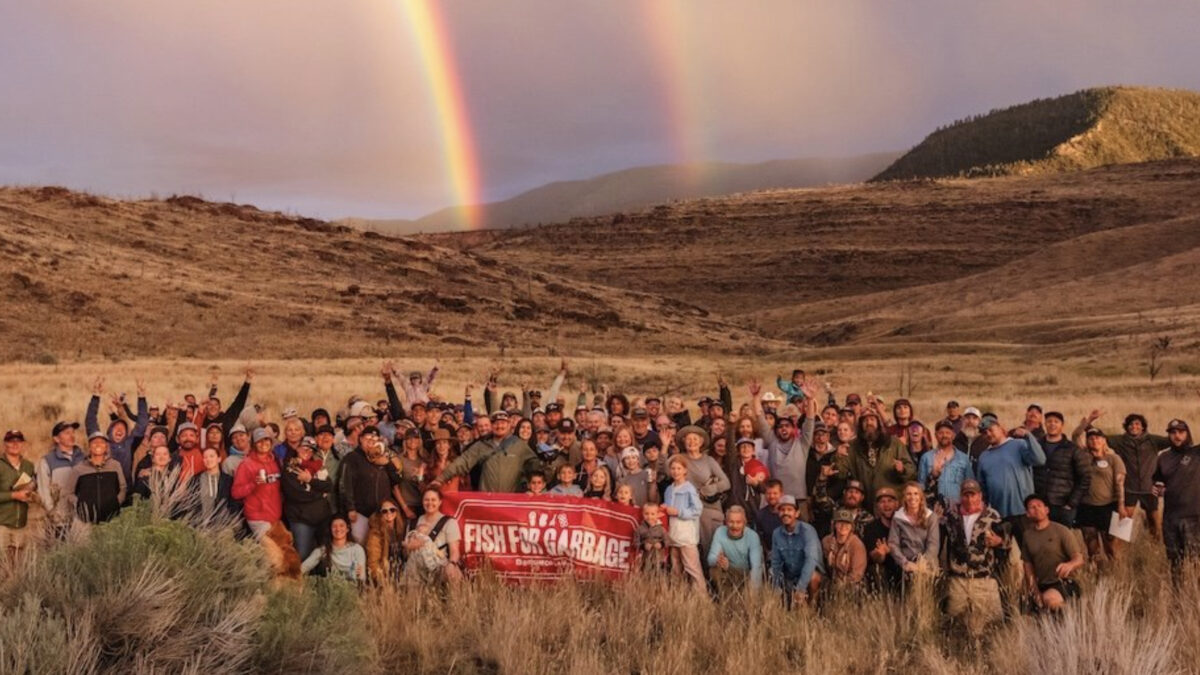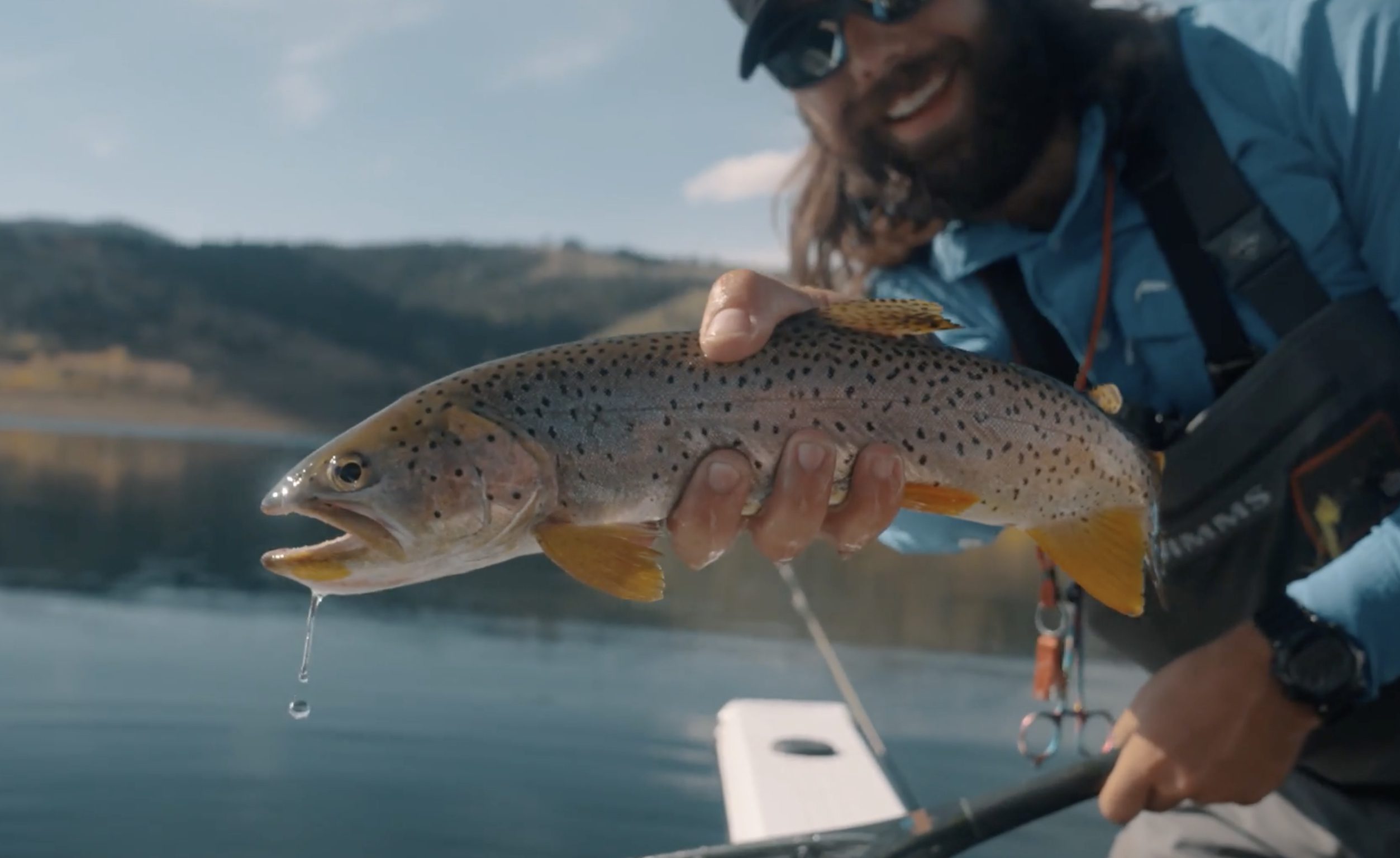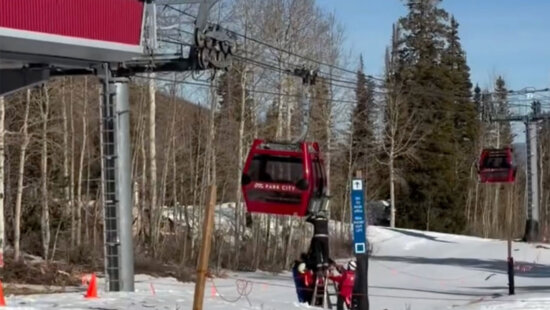NonProfit
Fish For Garbage marks 10 years of waterway stewardship

Volunteers gather at a Fish For Garbage cleanup event, marking a decade of community-driven efforts that have removed over 100,000 pounds of trash from Utah’s waterways. Photo: Fish For Garbage
SALT LAKE CITY — Fish For Garbage is celebrating a decade of community-driven conservation efforts with the launch of its 2025 cleanup season, beginning April 26 with the Provo River Cleanup at Timpanogos Park in Provo.
Since its founding in 2015, the all-volunteer nonprofit has removed more than 100,000 pounds of trash from Utah’s rivers, lakes and riparian corridors. This milestone reflects the organization’s 10 years of steady growth, which began as a small group of anglers collecting trash along stream banks.
“This summer is not just about cleaning up trash—it’s about celebrating a decade of community, stewardship, and love for our public places,” said Steve Grider, vice president of Fish For Garbage. “This year, we’re ready to break our own record.”
Organizers aim to gather more than 15,000 pounds of garbage in a single day during the April 26 event. Last year’s Provo River Cleanup drew over 400 volunteers who collectively removed 14,000 pounds of waste, making it one of the group’s largest cleanups.
The Provo event marks the first of six major cleanups planned for the 2025 season, which runs through September. Other locations include Strawberry Reservoir, Weber River, Green River, Mirror Lake Highway, and Big Cottonwood Canyon. All events are open to the public and designed to be family-friendly.
Fish For Garbage encourages volunteers to register in advance at www.fishforgarbage.org. Early registration helps organizers coordinate supplies and maintain safety for all participants.
Built on stewardship, education and collaboration values, the nonprofit emphasizes hands-on action and public engagement. Over the past decade, its cleanups have become community gatherings that unite local businesses, agencies and individuals committed to environmental responsibility.
As the group enters its second decade, organizers hope to expand its reach and inspire new generations of watershed stewards.
“We believe we can protect our watersheds, shift attitudes about pollution, and leave the outdoors better than we found it,” the group stated.



















